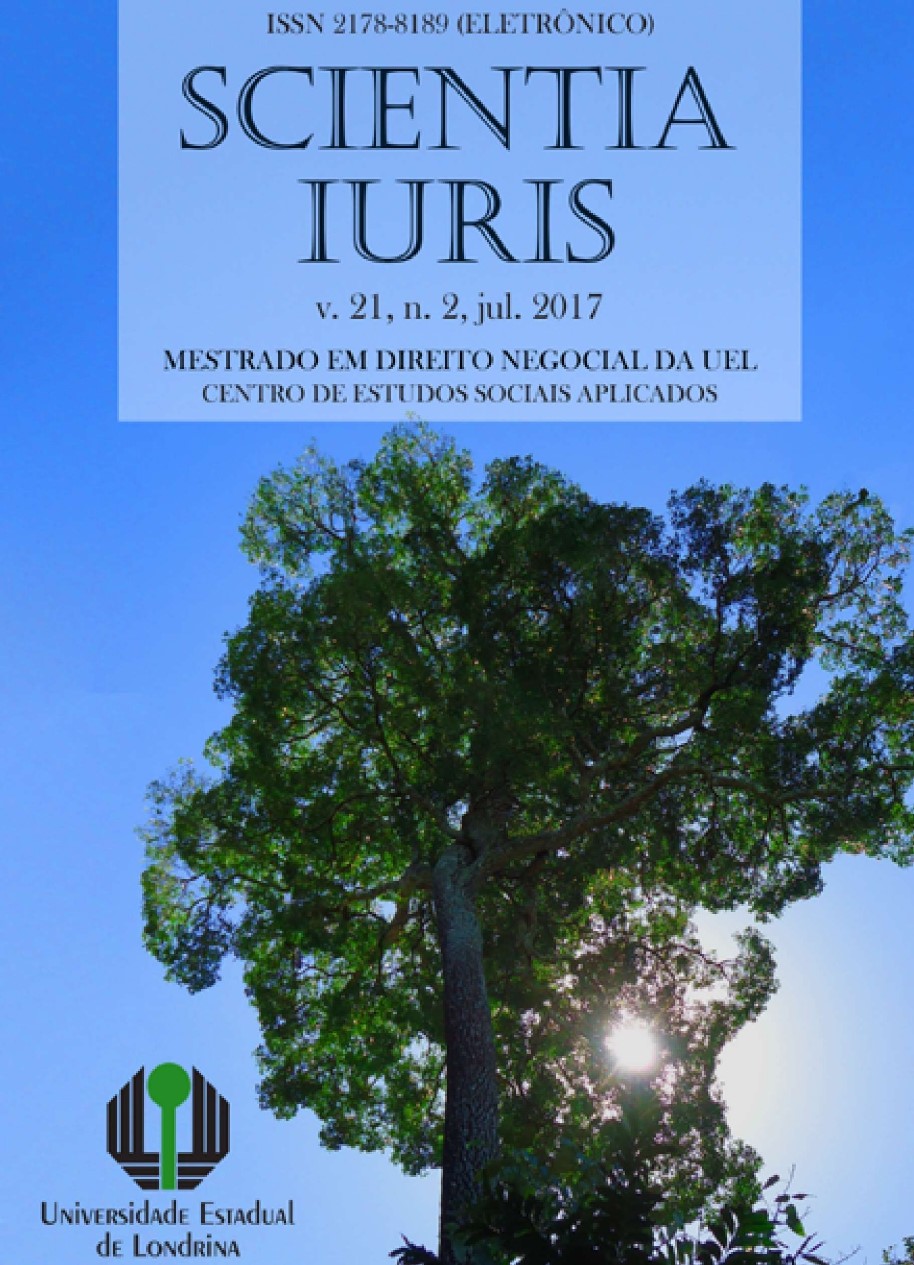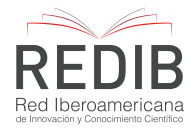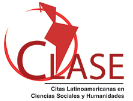The protection of minority language: whether a tool for their protection?
DOI:
https://doi.org/10.5433/2178-8189.2017v21n2p41Keywords:
Language, Minority, Linguistic rights, International declarations and conventions, State practiceAbstract
Language in its most developed forms is a priceless creation of man. It has always been a matter of slow evolution and no language can claim to have been born perfect or complete. Its evolution has marked its progress and in the evolution of human civilization languages have grown, decayed and even died, though not without leaving their impress behind in their offshoots. Language is the key to all intellectual and a great part of spiritual life. A common language makes possible free and familiar intercourse between two human beings and creates a bond between them. More than this each language, with its choice of words, its turn of phrase, its every idiom and peculiarity, is a sort of philosophy which expresses the past history, the character, the psychological identity of those accustomed to use it. It is an instrument which, molded by the future. It is difficult for a foreigner to adopt the language of a people without in some way also adopting their habit of mind, and a child sucks in a sense of nationality within the very rhymes which it learns in the nursery. Language disappears by the destruction of the habits of their speakers, as well as by genocide, forced assimilation and assimilatory education, demographic submersion, and bombardment by electronic media, which may be called cultural nerve gas. The loss of language is part of the more general loss being suffered by the world, the loss of diversity in all things. In this background the purpose of this paper is to assess the nature and extent of minority language rights, measures which aims to protect speakers of minority languages from discrimination and to analyze the effectiveness of procedural and substantive measures adopted both at the national and international level.
















